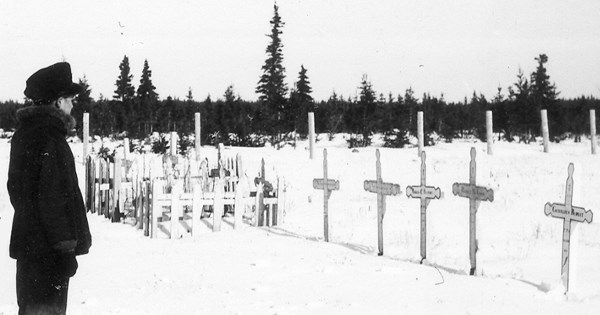NEWS RELEASE
PROVINCE OF ONTARIO
*************************
Premier Kathleen Wynne apologized today on behalf of the Government of Ontario for the brutalities committed for generations at residential schools and the continued harm this abuse has caused to Indigenous cultures, communities, families and individuals.
The Premier made her Statement of Ontario's Commitment to Reconciliation with Indigenous Peoples in the Legislative Assembly, with residential school survivors and First Nation, Métis and Inuit leaders in attendance. She apologized for the policies and practices supported by past Ontario governments, and the harm they caused; for the province's silence in the face of abuse and death at residential schools; and for residential schools being only one example of systemic intergenerational abuses and injustices inflicted upon Indigenous communities throughout Canada.
In recognition of this historic event and Ontario's nation-to-nation relationship with Indigenous Peoples, the Legislature voted unanimously to open the floor to speeches from Opposition party leaders, Indigenous leaders -- and from Andrew Wesley, a residential school survivor who attended St. Anne's Indian Residential School in Fort Albany in his youth.
The Premier's apology is part of the government's response to the Truth and Reconciliation Commission of Canada's Final Report, released one year ago. Ontario is taking action to acknowledge one of the most shameful chapters in Canadian history and teach a new generation the truth about our shared history. The province released an action plan today -- developed working closely with Indigenous partners -- that will help Indigenous and non-Indigenous peoples move forward in a spirit of reconciliation.
The Journey Together: Ontario's Commitment to Reconciliation with Indigenous Peoples plans to invest more than $250 million over three years in new initiatives in five areas:
-
Understanding the legacy of residential schools: The province will ensure that Ontarians develop a shared understanding of our histories and address the overt and systemic racism that Indigenous people continue to face
-
Closing gaps and removing barriers: Ontario will address the social and economic challenges that face Indigenous communities after centuries of colonization and discrimination
-
Creating a culturally relevant and responsive justice system: The province will improve the justice system for Indigenous people by closing service gaps and ensuring the development and availability of community-led restorative justice programs
-
Supporting Indigenous culture: Ontario will celebrate and promote Indigenous languages and cultures that were affected after generations of Indigenous children were sent to residential schools
-
Reconciling relationships with Indigenous Peoples: The province will support the rebuilding of relationships between Indigenous and non-Indigenous people through trust, mutual respect and shared benefits.
These commitments are just some of many steps on Ontario's journey of healing and reconciliation with Indigenous Peoples. They reflect the government's commitment to work with Indigenous partners to build a better future for everyone in the province.
"No apology can change the past, nor can the act of apology alone change the future. We must change the future — together — day by day and generation by generation. In making this apology and through this action plan, I hope to demonstrate our government’s commitment to changing the future by building relationships based on trust, respect and Indigenous Peoples’ inherent right to self-government."
— Kathleen Wynne, Premier of Ontario
"Canada’s residential school system is a dark chapter in our history. Children as young as five years old were removed from their homes, and that legacy of attempted cultural genocide is still felt to this day. By working with Indigenous partners to close gaps in health, education and employment, Ontario is helping to repair the damage and provide opportunities to Indigenous people that were taken away from previous generations."
— David Zimmer, Minister of Aboriginal Affairs
QUICK FACTS
- The first residential school in Ontario opened in 1832. The last one closed 25 years ago, in 1991.
- There were 18 residential schools in Ontario, attended by children aged 5 to 14.
- Children in residential schools were up to five times more likely to die than their counterparts in the rest of Canada.
- Indigenous people make up 2.4 per cent of Ontario’s population, but about 25 per cent of children in foster and customary care in Ontario at any given time are Indigenous.
- As part of The Journey Together, the Ministry of Aboriginal Affairs will be renamed the Ministry of Indigenous Relations and Reconciliation.
- The government has introduced mandatory Indigenous cultural competency training for all employees of the Ontario Public Service.
- The Truth and Reconciliation Commission of Canada’s final report, released last December, included 94 Calls to Action. These urged all levels of government to work together to repair the harm caused by residential schools and move forward with reconciliation.
ADDITIONAL RESOURCES
- Be part of Ontario’s journey and submit your hope for reconciliation on the Reconciliation Tree
- Summary of the Final Report of the Truth and Reconciliation Commission of Canada
- Ontario’s Commitment to Reconciliation with Indigenous Peoples
*************************
